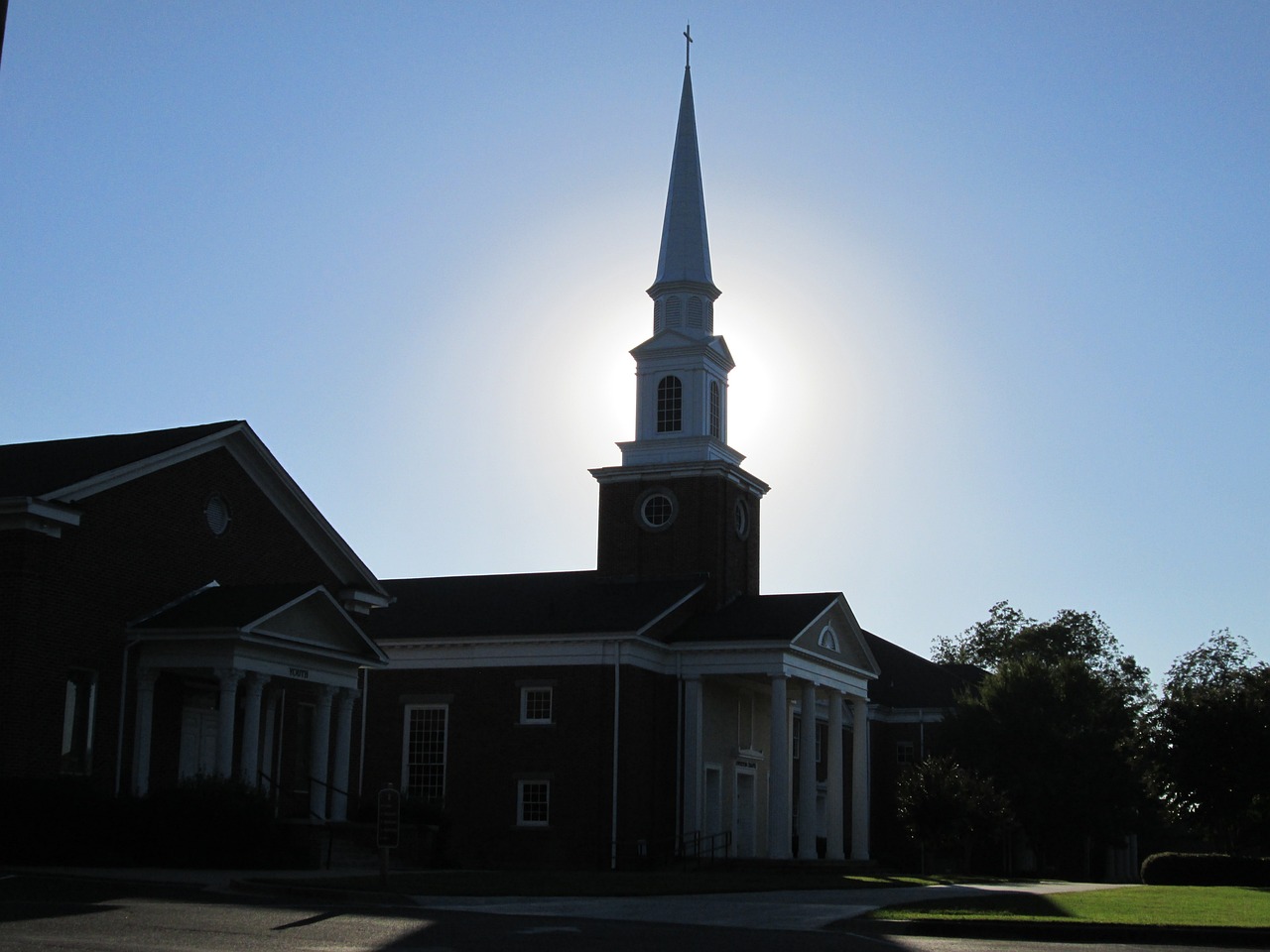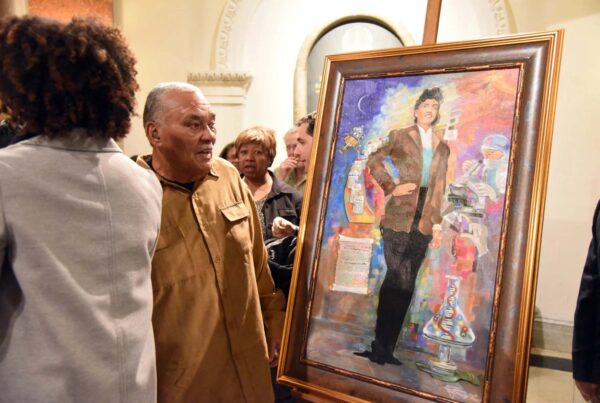This year’s annual meeting of the Southern Baptist Convention in New Orleans brought 13,000 delegates together to shape the future of the largest Protestant denomination in the U.S.
Amid debates about the status of women pastors and ongoing abuse reform efforts, the SBC also saw the election of a president yesterday. Incumbent President Bart Barber won reelection with nearly 70% of the vote.
Robert Downen is a democracy reporter for the Texas Tribune. He joined the Standard to tell us more about what the election results mean for the future of the SBC. Listen to the story above or read the transcript below.
This transcript has been edited lightly for clarity:
Texas Standard: What were the big issues at this presidential election? Recently, the church had commissioned a report about abuse allegations in the church. That report came out in 2022, and that’s got to be looming large over this annual meeting.
Robert Downen: So, I think there are a lot of things obviously at play during this, but two big issues that defined this presidential race between Mike Stone, a Georgia pastor and Barber, a pastor based in Farmersville, Texas, was both the role of women in churches and sexual abuse reforms.
On the first front, there was this kind of ultra-conservative group that was trying to claim that there is a “liberal drift,” going on in the SBC. You know, that women pastors are inundating SBC churches, and that is kind of the Trojan horse for acceptance of homosexuality and all these other things that are just nonstarters to them. There’s really not any evidence of that, as we saw with the response to women pastors yesterday.
The other issue was the sexual abuse reform. For the six years in the wake of my reporting at the Houston Chronicle, there’s been a lot of debates over whether the SBC should even take modest steps to address sexual abuse, its sexual abuse crisis. That was front and center today as well. The opposition candidate, Mike Stone, had a long history of being in opposition to abuse reforms in previous roles as well.
Let’s first talk about the sexual abuse allegations. How widespread do the reports say that they were and what is the SBC trying to do to address this?
Our reporting at the Houston Chronicle found at least 700 victims, with something like 400 pastors or people in church roles who had been credibly accused, almost all of them criminally convicted. In response to our reporting in 2022, the SBC had a third party release an audit of the top leadership’s handling of abuse complaints for 20 years.
They found that there was a coordinated effort on behalf of a small group of leaders to perpetually suppress reports and mislead the denomination at large about the extent of the problem, while also acknowledging it behind closed doors, but figuring that taking more concrete action could open SBC up to lawsuits or would be a public relations problem.
Slipping back to the female pastors issue, the New York Times has a huge story on the convention set to vote on a strict ban against women in church leadership. Is that happening this week?
Yeah. So, there were initial votes about six months ago by a committee that recommended a handful of churches, including Saddleback – which is a California megachurch pastored by Rick Warren, who’s kind of a monumental figure in the evangelical world – and I think three churches appealed their decisions yesterday and were allowed to speak to SBC delegates and make their appeal for staying in the convention.
But from the applause and just the general response, it sure seems like the Southern Baptist Convention is intent on giving them the boot. And I think that that is really a sign of a lot of – there’s a lot of fear in the SBC. I think a lot of it is unwarranted – that there is some sort of liberal drift going on. Again, I don’t think there’s much evidence to support that.
I think a lot of people are really looking to this idea of debates over complementarianism to make a statement about their doctrinal stances.













